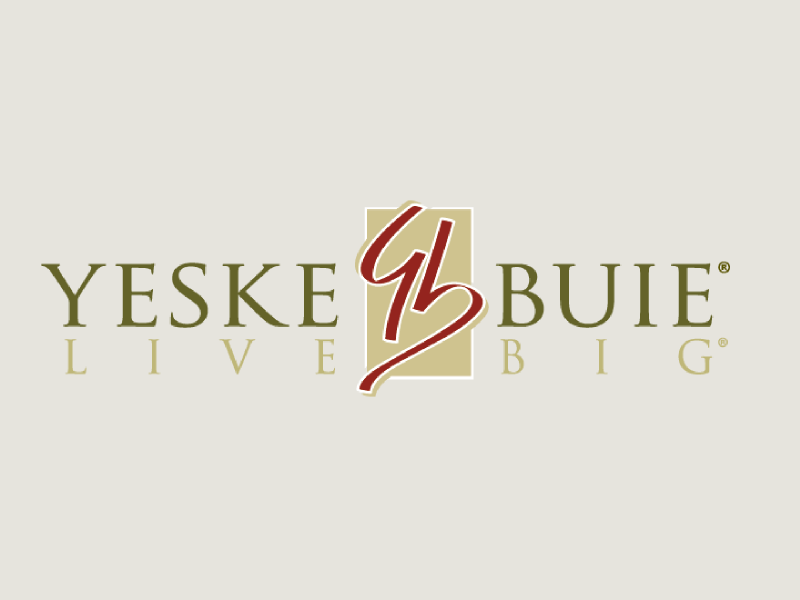Facing Loss and Planning for the Future

Coping with Sudden Loss
Seek the help of experts, friends to get your financial house back in order
By Staff Writer Annelena Lobb NEW YORK (CNNfn) – Anyone who has experienced it can tell you, there’s no way to prepare for the sudden loss of a loved one.
Such a tragedy, endured by thousands following the Sept. 11 attacks, brings with it a broad spectrum of emotions, ranging from denial to grief. In many cases, pragmatism gets lost. And simple jobs like finding a lawyer and organizing financial documents can seem unimportant.
“A lot of people are giving us money, and it’s a bit of a shock, because we’re not thinking about that right now,” said David Cales, the nephew of Abigail Medina, a woman who died in the attacks on the World Trade Center. “My aunt had two daughters, and I know everyone wants to help. I know people mean well. But I guess when you’re outside the box, the concerns look different from the ones you see when you’re inside the box.”
Experts, however, say that failure to face those painful realities can exacerbate the family’s heartache. They add that ensuring the family’s financial security can help the healing process begin.
“One client lost her father in the attacks, and obviously, her foremost concerns are for her mother. But this event also crystallized the importance of having her own estate in order,” said Dave Yeske, a certified financial planner in San Francisco, Calif., and president-elect of the Financial Planning Association. “She’s right. I was surprised she brought it up.”
Take care of yourself
Before you address such considerations as wills, ownership of assets or outstanding debts, however, remember that grief and other overwhelming emotions make decision-making difficult. It’s wise to remain prudent.
“Reach out to other people who are affected in a less personal way, both professionals and good friends,” says Phil Cook, a CFP with Cook & Associates, a financial planning firm in Torrance, Calif. “They can help you sort out your thoughts. Try to avoid irreversible decisions, such as selling your house, quitting your job, or selling off large portions of investments.”
Here are some issues to consider when getting your financial affairs in order.
Benefits
For starters, explore your options. You may be eligible for certain income and benefits. These include retirement plan benefits and pensions, union survivor benefits, Social Security benefits and life insurance distributions.
The deceased’s employee benefits office can tell you whether you are entitled to death benefits through them. And, if the individual served in the military, survivors may be eligible for additional benefits. For example, veterans can be buried in a national cemetery for free.
Taxes and legal documents
In all cases, however, you will need to obtain certain documents, such as a copy of the deceased’s birth certificate and marriage certificate.
It’s also a good idea to obtain at least 10 copies of the person’s death certificate from the funeral director. Many transactions will require one, and it’s far easier to obtain them now than to try and get copies later.
Next, go to your state inheritance tax office and obtain the required forms for inheritance tax; in some cases, you will need these as release forms to get any benefits paid to you.
It’s wise to contact your attorney and financial/tax adviser in order to handle any wills that may exist. You also should touch base with any witnesses needed to review a will or handle establishment of the estate.
You will need to deliver the individual’s tax forms from previous years, as well as unpaid credit and utility bills and mortgage payments, to your lawyer or financial advisor.
Your financial advisor will help you with any applicable death or inheritance taxes. Finally, you will have to pay federal estate taxes within nine months of the person’s death if the value of the estate exceeds $675,000 in 2001.
Insurance and investments
In addition to the legal paper trail, you’ll need to notify all your insurers immediately, including life and property. In many cases, a cash advance can be taken from life insurance benefits if emergency cash is needed before claims for benefits are paid out.
You’ll also have to make changes to the following ownership registrations (or cancel them, when applicable):
1) Automobiles
2) Stocks, bonds and investments
3) Place of residence and other properties
4) Savings and checking accounts
5) Credit accounts
6) Safe-deposit box
7) Homeowner, health and/or life insurance policies
Out-of-pocket expenses
Finally, experts say it’s crucial that you keep track of all your out-of-pocket expenses. They will be needed for current-year tax returns. To make the process easier, try paying bills and bequests from a single account.
Your funeral director can help you determine whether any funeral costs were prepaid and if burial insurance was purchased.
And finally, Cook warns you’ll want to avoid paying off any outstanding debt from the estate, including mortgages and car loans, from your personal account. That only increases the estate’s net value and can increase the amount of inheritance taxes.
